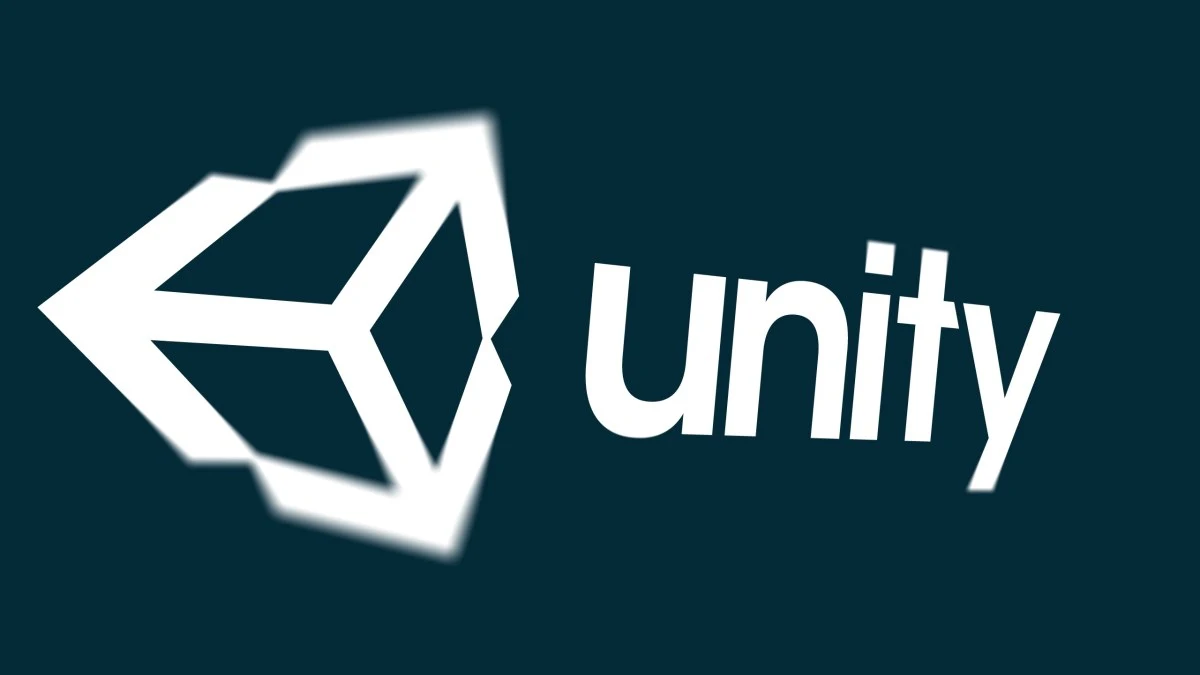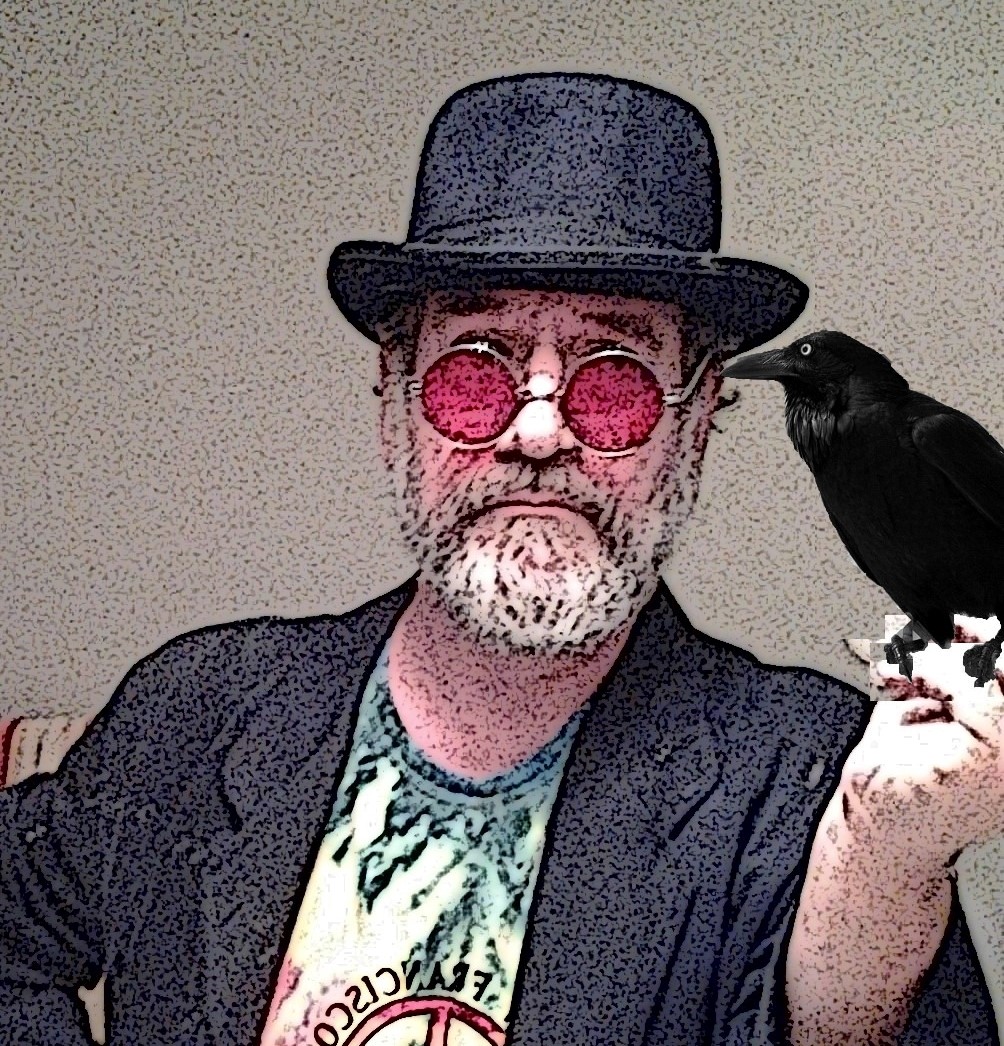- cross-posted to:
- hackernews@derp.foo
Hardly a U-Turn. If a developer uses Unity’s next release LTS version, then they would still be subject to the runtime fees. So developers still must migrate off Unity, but have a little more time to do so.
Not true.
The Runtime Fee policy will only apply beginning with the next LTS version of Unity shipping in 2024 and beyond.
And it’s now fee or revenue share of 2,5%.
But yes, everyone should still move on as fast as possible (at least it removes the pressure of bankrupcy) as the trust is broken and they can do similar change anytime in the future.
Could you imagine adobe pulling of shit like this? Yeah, the first 20000 views of your photo is free but after that there’s a 2.5% fee.
Fuck off. You’re a content (be it games or something else) creation tool. You’re business is pencils, paint, canvas. Or in the case of unity an IDE. Not the art created with it.
It’s a stupid idea thought up by stupid people. Everyone in the boardroom at unity should be fired. One of them thought it up, the others thought it a good idea also or where too afraid to speak up. Both of those options mean bad management.
But I think it’s too late, the name is tarnished.
Could you imagine adobe pulling of shit like this?
Don’t give them ideas
If Adobe thought they could get away with it then 100% do this.
Completely off topic, but they kind of did. Their AI image generation as part of CC suite will require tokens now.
Because you’re using up process of resources. As far as I understand it the image generation happens on their servers not on your computer so that makes sense.
Sure, but you are already paying for it. It’s not a free service it’s part of CC suite. It’s another example of ToS change, just with smaller inpact.
That doesnt seem to equate to what they said being untrue op.
If a developer uses Unity’s latest LTE version, then they would be subject to the runtime fees.
vs
The Runtime Fee policy will only apply beginning with the next LTS version of Unity shipping in 2024 and beyond.
That is objectively false.
They said next LTS as well.
Look at you thinking that your pointless nitpicking contributes anything meaningful to the conversation.
deleted by creator
Indeed. Learning Unity was in my bucket list. Welp. Not anymore.
They chose EA lizard and pushed him to implement the changes for a reason. You don’t get a CEO position without a professional background check. And if you think that The Board didn’t know anything about what happened, you are kidding yourself.
The preparations in ToS changes also shows that this was a deeply planned move.
Even if they fire Ricatello, nothing changes. He’s not the reason, just a public scapegoat (a willing and well paid one). Main shareholders and their Board of Directors won’t change. company is in the bad hands.
I’d advise any developers to finish already started projects in Unity and then get the fuck away from them ASAP.
This was on purpose. This was a door in face negotiation tactic. They always planned on their scaled back policy but they introduced a ridiculous one so that people would accept a small walk-back. This is exact same shit that Wizards of the Coast pulled with Dungeons & Dragons. It’s getting so predictable. When I first heard the news I knew this is exactly how it would play out.
Fuck Unity anyway. Godot is gaining popularity and it’s not stopping.
I think they really were that stupid and though people would just go with it. And once that didn’t go how they planned this was backup plan.
This allows studios to not rush the transition to different engines, but staying with Unity shouldn’t be an option for anyone that wants to make a living from making games. There is just no trust left.
Just that their reputation is heavily tarnished anyways. This isn’t a B2C company. The people buying from them are taking years to complete their work and how much money they have to pain can matter painfully.
So now they can’t trust not to get fucked over after years of being deep into working with the engine. You can’t plan business with this
This still leads to people choosing different on new engines on new projects. Everything that already rolls in Unity will keep doing that, but that’s more because switching engines midway or afyer you already done is no fun, rather than Unity doing something right
I’d usually be inclined to agree with you, except no one in gamedev would have balked at the final position. 2.5% revenue share over 1m is less than Unreal even.
Maybe it’s a tactic they believed they were using. But that would just be a different kind of stupid, because they burnt a lot of trust over something no one would care about.
It could be another kind of bluff though. It could have been the CEO signalling he’s the toughguy who’s willing to make tough decisions so he can get some job down the line.
See the thing here is that because they tried to apply this retrospectively this doesn’t really help because they’ll just do it again in a while when they think that the dust is settled. Probably not quite as obviously but they’ll try something.
How are you supposed to have a business relationship with a company who not only move the goal posts but also travel back in time and move them in the past as well.
They haven’t u-turned, they have delayed implementation.
This is a prime example of enshittification. What do Unity’s users benefit from in exchange for this new charge? Nothing - all this does is increase Unity’s income.
The reason they need to change their income makes sense - their primary income comes from helping mobile game makers push ads and that is both volatile and threatened by privacy pushes by Apple on particular.
The commercial motivation makes sense, and yet another example of how it leads to enshittification of a service or product.
Somebody was pointing out the other day they have about 7,000 employees, why? I cannot understand what they must all do.
A lot of those employees must be client-facing/sales/ads, I would think? I don’t think game engines generally have large teams, but maybe I’m wrong.
This is the best summary I could come up with:
A new pricing policy is still incoming, but it’s far less fraught for independent developers, many of whom threatened to leave the engine and platform behind rather than pay.
The plan was intensely unpopular, as apart from the increased costs many would incur under it, it suggested that the people running the show at Unity were completely disconnected from the community.
Less than two weeks from its debut, however, the runtime fee policy has been almost completely reversed and its architects are abasing themselves before their customers.
Overall the changes seem to address most of the issues people had with the new terms, and importantly it is more or less opt-in (or the unavoidable product of success) come 2024, on new projects, rather than taking effect on games that are out now or have been for years.
But the high-handed manner in which Unity attempted to squeeze its customers has unquestionably spooked the community, and while the threatened exodus will likely now be far smaller, they will remain watchful for future shenanigans.
What trust Unity had built up was seriously damaged by this ill-conceived foray, and many developers may look more seriously at competitors rather than run the risk of the company altering the deal again.
The original article contains 383 words, the summary contains 206 words. Saved 46%. I’m a bot and I’m open source!
Lose trust from your developers, and soon you won’t have any developers left.
as soon as someone says sorry it becomes socially unacceptable to stay mad, and that pisses me off. like okay John, why don’t you take some time away from the spotlight for self care while everyone else implements this plan that we’ve been discussing for months.
I’m sorry
https://www.nasdaq.com/market-activity/stocks/u
Share price
 from $38 to $32
from $38 to $32Why is he apologizing for his bone head E.A. CEO’s decisions?







